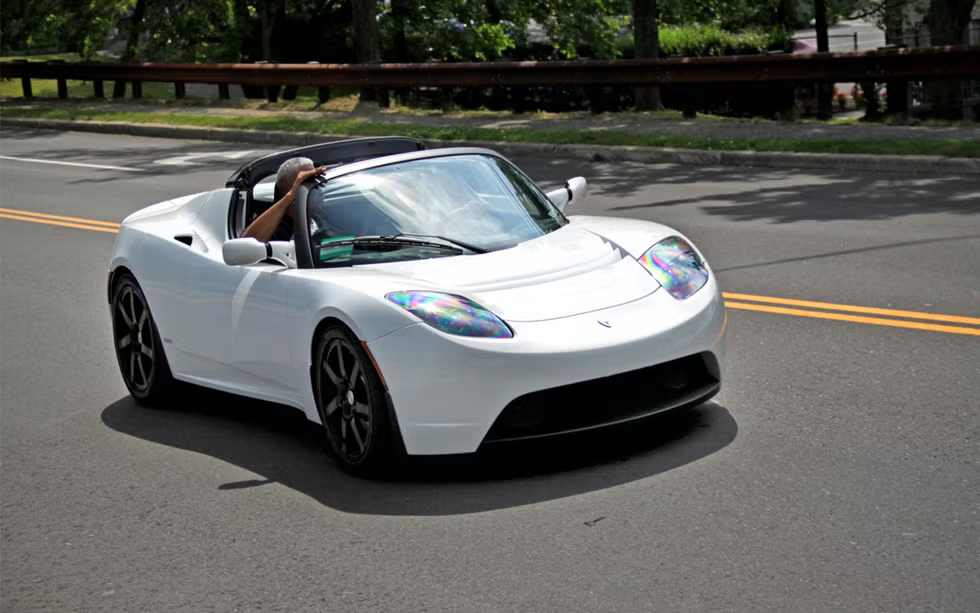The automotive landscape is shifting gears at an unprecedented pace, with electric vehicles (EVs) spearheading the charge. In 2023, nearly 20% of all new cars sold worldwide are expected to be electric, a significant leap from previous years. This surge is fueled by innovations from industry giants like Tesla and newcomers such as Rivian, alongside global sustainability efforts. But as consumers weigh their options, the question remains: How do EVs stack up against hybrids and traditional gas cars? This article delves into the latest insights to help you make an informed decision.
The Rise of Electric Vehicles
EVs: The Future is Here
Electric vehicles are no longer just a glimpse of the future; they are the present. With Tesla leading the charge, the EV market has seen remarkable growth. In 2023, Tesla’s Model 3 remains the best-selling EV worldwide, and their full self-driving technology continues to captivate tech enthusiasts and car buyers alike.
- Battery Technology: Advances in battery technology, including the development of lithium-iron-phosphate batteries, are reducing costs and increasing range. According to Battery University, these batteries offer a longer lifespan and better safety profiles.
- Charging Infrastructure: The IEA reports that the number of public EV chargers increased by 40% in 2023, making long-distance travel more feasible than ever.
Hybrids: The Best of Both Worlds?
Hybrids, which combine a conventional internal combustion engine with an electric motor, offer a middle ground. They provide the benefits of electric driving without the range anxiety associated with full EVs.
- Fuel Efficiency: Hybrids like the Toyota Prius have long been celebrated for their fuel efficiency, often achieving over 50 miles per gallon.
- Market Trends: Despite the rise of EVs, hybrids maintain a steady market share, appealing to those hesitant to fully commit to electric.
Gas Cars: Still Holding Their Ground
Gasoline vehicles, while facing declining sales, still account for a significant portion of the market. They offer certain advantages that continue to attract buyers.
- Infrastructure: The widespread availability of gas stations and quick refueling times are major selling points.
- Performance: Some drivers prefer the traditional feel and sound of a gas engine, particularly in performance or off-road vehicles.
Comparing EVs, Hybrids, and Gas Cars
Cost Considerations
- Purchase Price: EVs often have a higher upfront cost compared to gas cars, though federal and state incentives can offset this.
- Maintenance: EVs generally require less maintenance, as they have fewer moving parts. Hybrids and gas cars, however, may incur higher costs over time due to engine upkeep.
Environmental Impact
- Emissions: EVs produce zero tailpipe emissions, making them the most environmentally friendly option. Hybrids reduce emissions compared to gas cars but still rely on fossil fuels.
- Battery Recycling: Companies like Rivian are investing in battery recycling initiatives to minimize environmental impact.
Driving Experience
- Range and Refueling: EVs like the Tesla Model S offer ranges of over 400 miles, but charging can take longer than refueling a gas car. Hybrids provide a compromise, with extended range and quick refueling.
- Performance: EVs offer instant torque, providing a unique driving experience. Gas cars, however, still dominate in terms of raw horsepower.
Practical Tips for Prospective Buyers
How to Charge Your EV
- Home Charging: Installing a Level 2 charger at home can fully charge an EV overnight.
- Public Charging: Apps like PlugShare help locate nearby charging stations, many of which are now equipped with fast chargers.
Where to Buy
- Dealerships: Tesla’s direct sales model allows for easy online ordering, whereas traditional dealerships offer personal interaction and test drives.
- Online Platforms: Rivian and other brands increasingly offer online purchasing, providing detailed virtual tours and configurations.
What to Compare
- Range: Assess your daily driving needs and choose a vehicle that meets or exceeds that range.
- Incentives: Research available tax credits and rebates to maximize savings.
Conclusion: The Road Ahead
As we venture further into 2023, the automotive industry is clearly moving towards electrification. EVs offer significant environmental and performance benefits, while hybrids provide a transitional solution for the cautious adopter. Gas cars, though dwindling in popularity, still hold appeal for certain demographics.
Ultimately, the choice between EVs, hybrids, and gas cars will depend on individual needs and preferences. As technology advances and infrastructure improves, we can expect even more exciting developments in the coming years. So, what’s your next car going to be? Share your thoughts and join the conversation as we drive towards a more sustainable future.
With brands like Tesla and Rivian leading the way, the journey is just beginning. Buckle up, because the future of mobility is electric!

